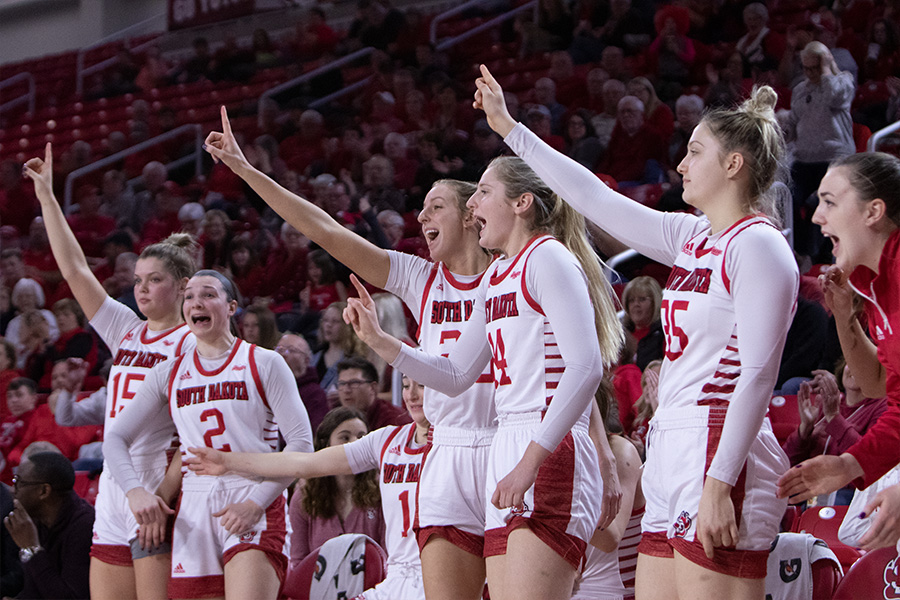SD Senate Panel Approves Measure To Hike Legislator Salaries
PIERRE, S.D. (AP) — South Dakota lawmakers could see their salaries nearly double as part of an effort to encourage more people to run for office.
The Senate Appropriations Committee on Thursday voted 6-2 to approve the plan to boost the $6,000 salary to $10,000 per regular legislative session. Sen. Craig Tieszen said his proposal is designed to make it easier for residents to make it to Pierre. He said some people don’t run for office because the pay is too low.
“I think we’re at a point where it makes it hard for some people to serve,” he said.
The proposal would go into effect in January 2017, after the next election, Tieszen said
Legislators’ last pay raise went into effect in 1999, and lawmaker pay hadn’t been increased for a decade before then. Current legislator salaries are set at $6,000 per regular legislative session — or $12,000 for a two-year term — plus $129 per legislative day for living expenses in the 2015 session.
Senate Majority Leader Tim Rave, a Republican from Baltic, said he’s watched it become more and more difficult to recruit candidates over his 13 years in office.
buy remdesivir online https://www.parkviewortho.com/wp-content/languages/new/prescription/remdesivir.html no prescription
The Legislature typically is in session from mid-January to mid-March. They have one day at the end of March to consider vetoes.
Whether or not the bill passes — similar proposals have failed in the past — Rave said the issue “needs to be brought to the limelight.”
The House this session has passed several proposals to allow for increases in South Dakota lawmakers’ compensation, which is among the lowest in the nation.
Two of the proposals work in tandem by saying lawmakers can be paid more than $6,000-per-session and applying across-the-board pay increases for public workers to legislative salaries too.
Republican Rep. Jim Bolin of Canton has said the types of candidates who typically campaign for the Legislature are farmers who aren’t as busy in the winter months, young people without family responsibilities, residents who are independently wealthy, retirees and those for whom salary isn’t a consideration.


